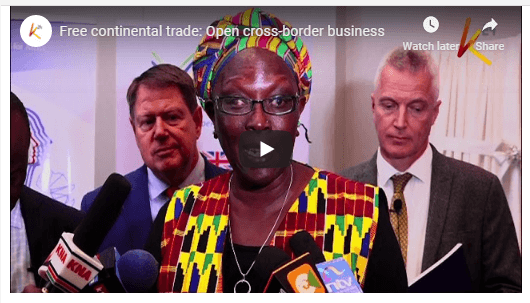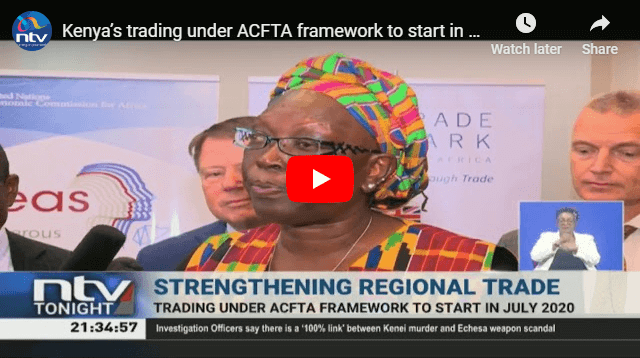Africa took a giant stride along the path of increased economic co-operation, with the launch of the Africa Continental Free Trade Area (AfCFTA) in March 2018. The move was widely hailed as a major milestone towards the long-standing goal of creating a unified continental market. AfCFTA is hailed as one of the most exciting new developments on the continent, with the potential to connect African countries from the Atlantic to the Indian Ocean, and from Cape Town to Cairo. By liberalising trade, AfCFTA will help countries grow economies and create jobs. If fully implemented, AfCFTA would see the creation of the world’s largest free trade area since inauguration of the World Trade Organisation in 1995, boasting a domestic market of more than 1.2 billion people, and a collective gross domestic product of $2.6 trillion. Effective implementation of AfCFTA would be transformational. The African Development Bank has forecast that elimination of bilateral tariffs on goods and services would increase intra-African trade by 15 per cent. Yet significant barriers remain beyond tariffs. Without a focus on implementation, we could see a trade agreement that is largely unusable. Many African countries are members of several regional economic communities — the East African Community, the Common Market for Eastern and Southern Africa, the Southern African Development Community and the Economic Community of West African States — applying different rules of origin, trading standards and cross-border procedures, all making it costly to trade. The World Bank Doing Business report for 2020 shows that while it...
Great benefits when Africa becomes a single market
Posted on: March 23, 2020
Posted on: March 23, 2020





















